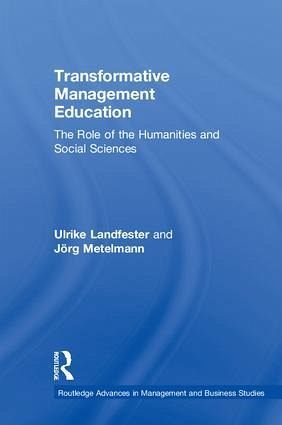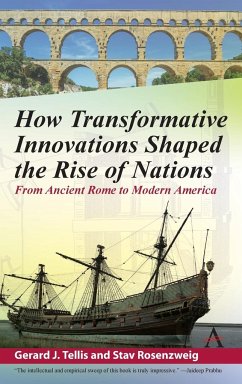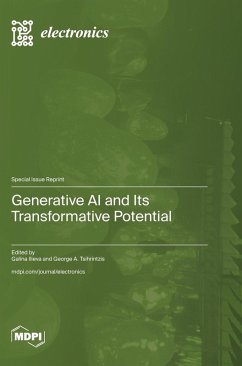
Transformative Management Education
The Role of the Humanities and Social Sciences
Versandkostenfrei!
Versandfertig in 1-2 Wochen
169,99 €
inkl. MwSt.
Weitere Ausgaben:

PAYBACK Punkte
85 °P sammeln!
The result of an empirical study, this book illuatrates that business schools practicing linking management education to the humanities and social sciences can significantly help management education with meeting the challenges of the 21st century.













